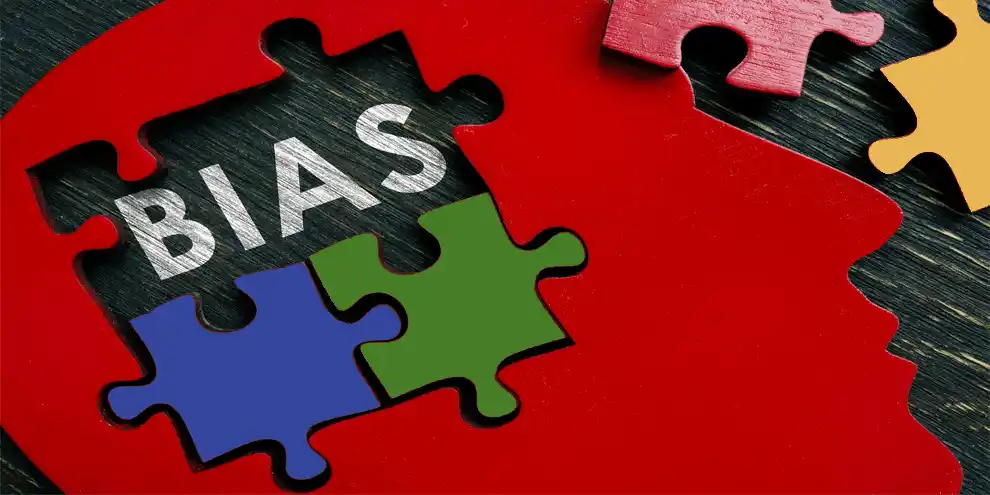The Table of Contents is designed to provide a structured and detailed roadmap for understanding bias and its impact on knowledge, while exploring foundational TOK questions like “What is knowledge?” and “Is all information knowledge?”. It empowers teachers and learners to critically evaluate evidence, perspectives, and the role of bias in shaping knowledge, making you confident in addressing complex concepts in the classroom by offering practical examples to contextualize discussions.
Table of Contents (2 teaching hours)
- Introduction: The Significance of Bias in Knowledge
- Why Understanding Bias is Central to Theory of Knowledge
- Bias as a Problem of Knowledge: An Overview
- Is All Information Knowledge?
- Defining Information vs. Knowledge
- How the Brain Processes Information: Discretion and Selectivity
- The Role of Prior Knowledge and Belief in Constructing Knowledge
- Evidence: The Foundation of Knowledge
- What Qualifies as Evidence?
- Empirical Evidence and Its Presumed Objectivity
- Challenges in Validating Knowledge Through Evidence
- Bias in Scientific Inquiry
- Are Natural Sciences Universally True?
- The Reproducibility Crisis in Science
- Skewed Perspectives in Scientific Research: The Role of Contextual Frameworks
- Perspectives, Beliefs, and Skewness
- Why Are Beliefs and Perspectives Skewed?
- How Experiences Shape Unique Knowledge Claims
- Understanding Individual Differences in Knowledge Construction
- The Problem of Skewed Evidence
- Can Evidence Be Biased?
- How Preconceptions and Assumptions Influence Evidence
- Bias in Media: Cherry-Picking, Deep Fakes, and Propaganda
- What is Bias?
- Bias as a Filter in Knowledge Acquisition
- Confirmation Bias, Circular Reporting, and Echo Chambers
- The Role of Personal and Cultural Expectations in Bias Formation
- Right or Wrong Information: Who Decides?
- Judging Right vs. Wrong: The Role of Logical Reasoning
- How Bias Influences Validation of Knowledge Claims
- Real-World Examples of Bias in Knowledge Production
- Unconscious Bias and Pattern Recognition
- The Brain’s Tendency to Recognize Patterns
- Stereotypes as Deep-Seated Biases: Gender Roles and Social Expectations
- Patternicity: False Positives and False Negatives in Knowledge Processing
- Can Knowledge Be Free of Bias?
- Exploring the Inevitability of Bias in Knowledge Pursuit
- Strategies for Identifying and Mitigating Bias
- Ethical Implications of Bias in Knowledge Sharing
- Conclusion: Bias as an Indispensable Aspect of Knowledge
- Reflection on Bias and Its Role in Knowledge Evolution
- How Bias Shapes the Way We Understand the World
I am text block. Click edit button to change this text. Lorem ipsum dolor sit amet, consectetur adipiscing elit. Ut elit tellus, luctus nec ullamcorper mattis, pulvinar dapibus leo.
What is bias is very debatable yet critical to the discussion?
What is bias all about- is probably the most common question in the Theory of Knowledge. As and how you explore ‘how you know what you know’ in Theory of Knowledge, you will come across many problems of knowledge. Bias is one of the problems of knowledge. Before we dig in deep to find out the reasons for bias, let us understand when can a piece of information be treated as knowledge.
Theory of knowledge-
Is all information knowledge?
Gathering information is easy because there are so many facts and figures scattered around us. Constructing knowledge from the available information is challenging, for the fact that collecting random information is cumbersome. There is so much data perceived by our senses, that our brain finds it difficult to process it all.
Now, the question is how much and what information will our brain process? Also, the construction of knowledge takes into granted the knowledge we already have and which has formed our belief. ‘What is knowledge’?-can remain unanswered due to human limitations in cognitive approach, imagination, comprehension, and many other things.
The crux is that the limited data which each of our brains processes, probably, depends partially on the discretionary power of the brain. The discretion of the individual brain is that it would register that information what it wants to register, and what connects with its previous belief. Some of the information may be impromptu and randomly picked up by the brain. Hence, the question here is on what basis a piece of information becomes knowledge?
Evidence to validate the information
To construct knowledge either from the information or from prior knowledge requires validation of information through empirical evidence. However, the question is what qualifies as evidence to validate knowledge?






